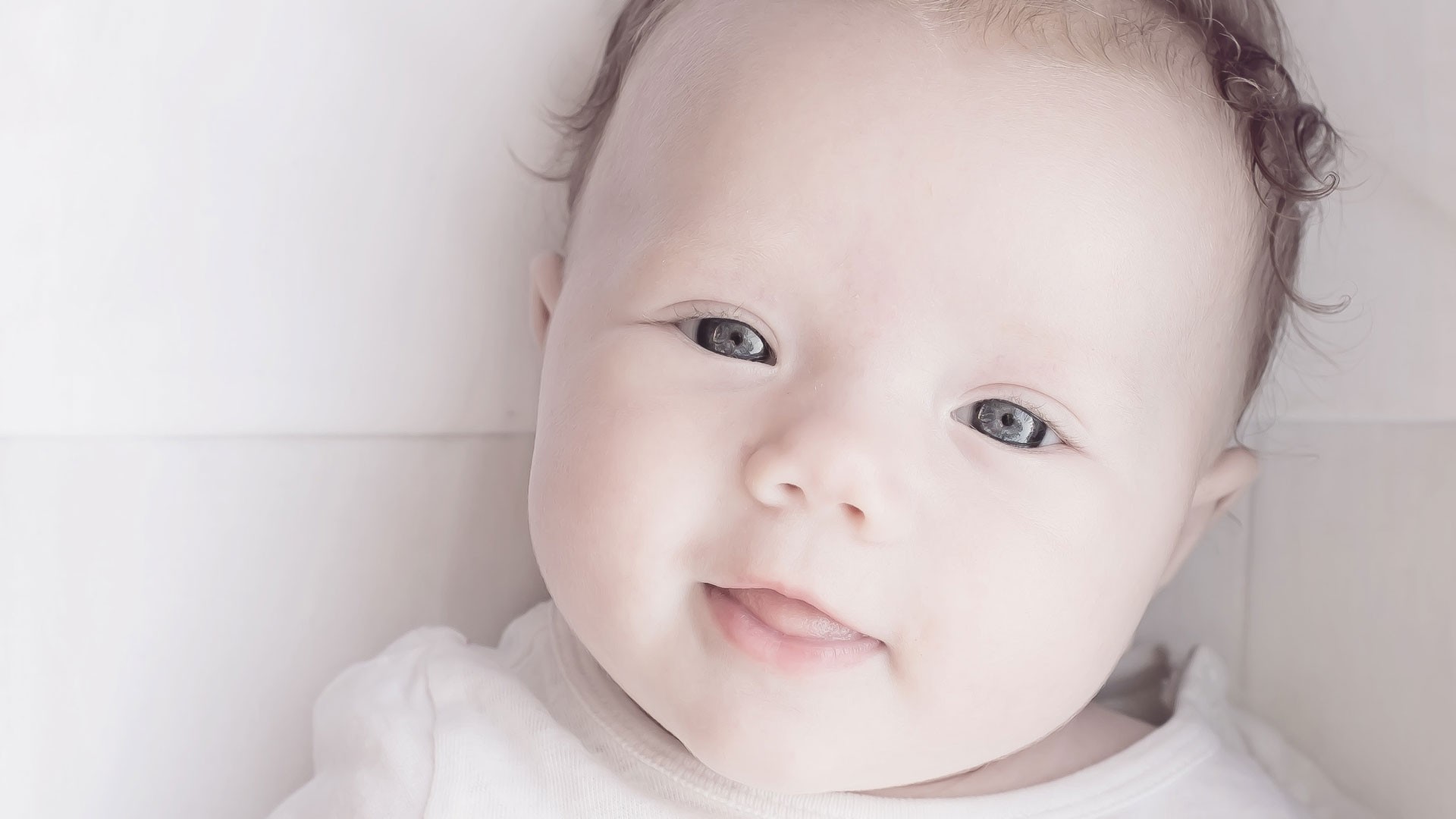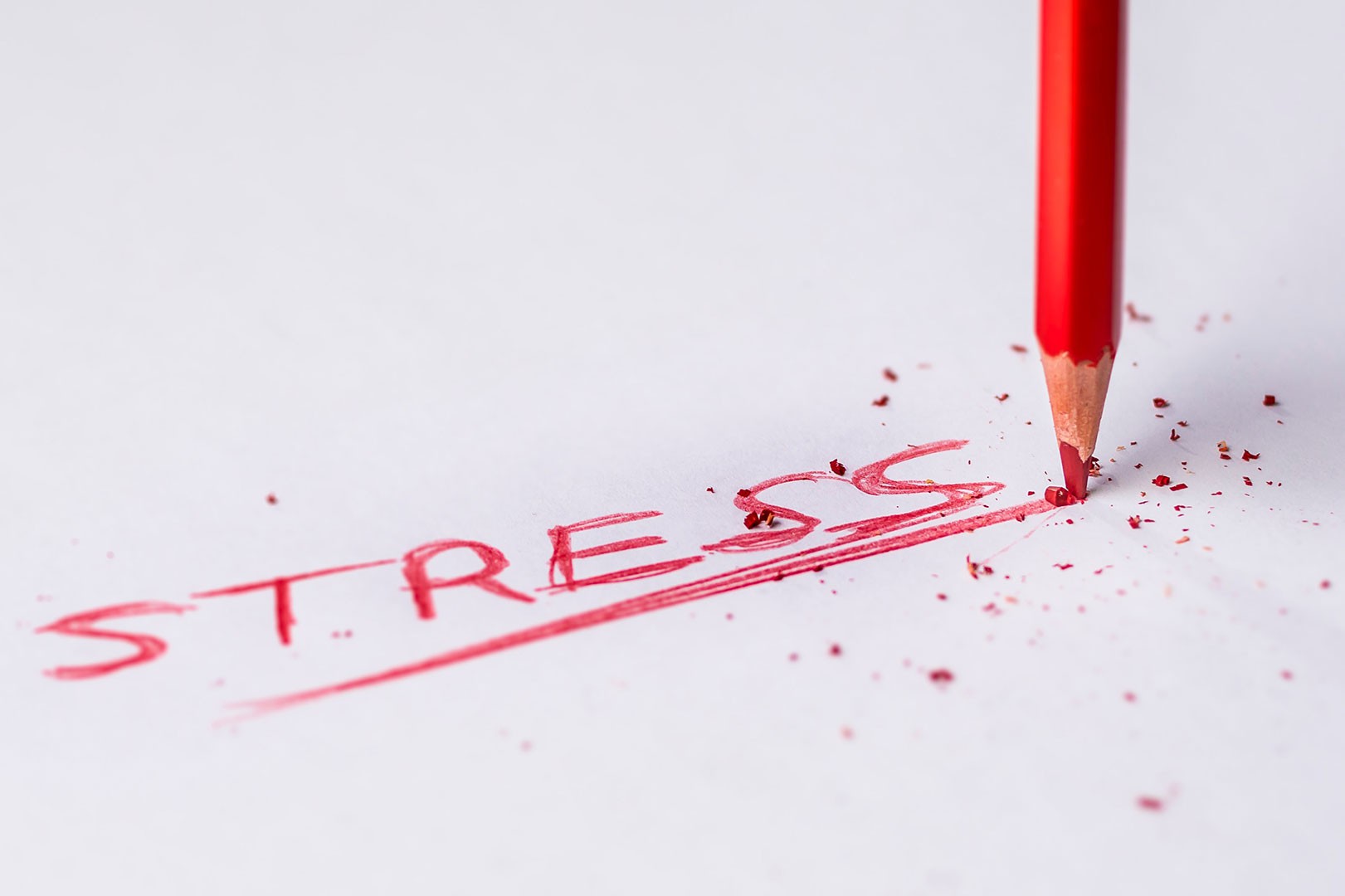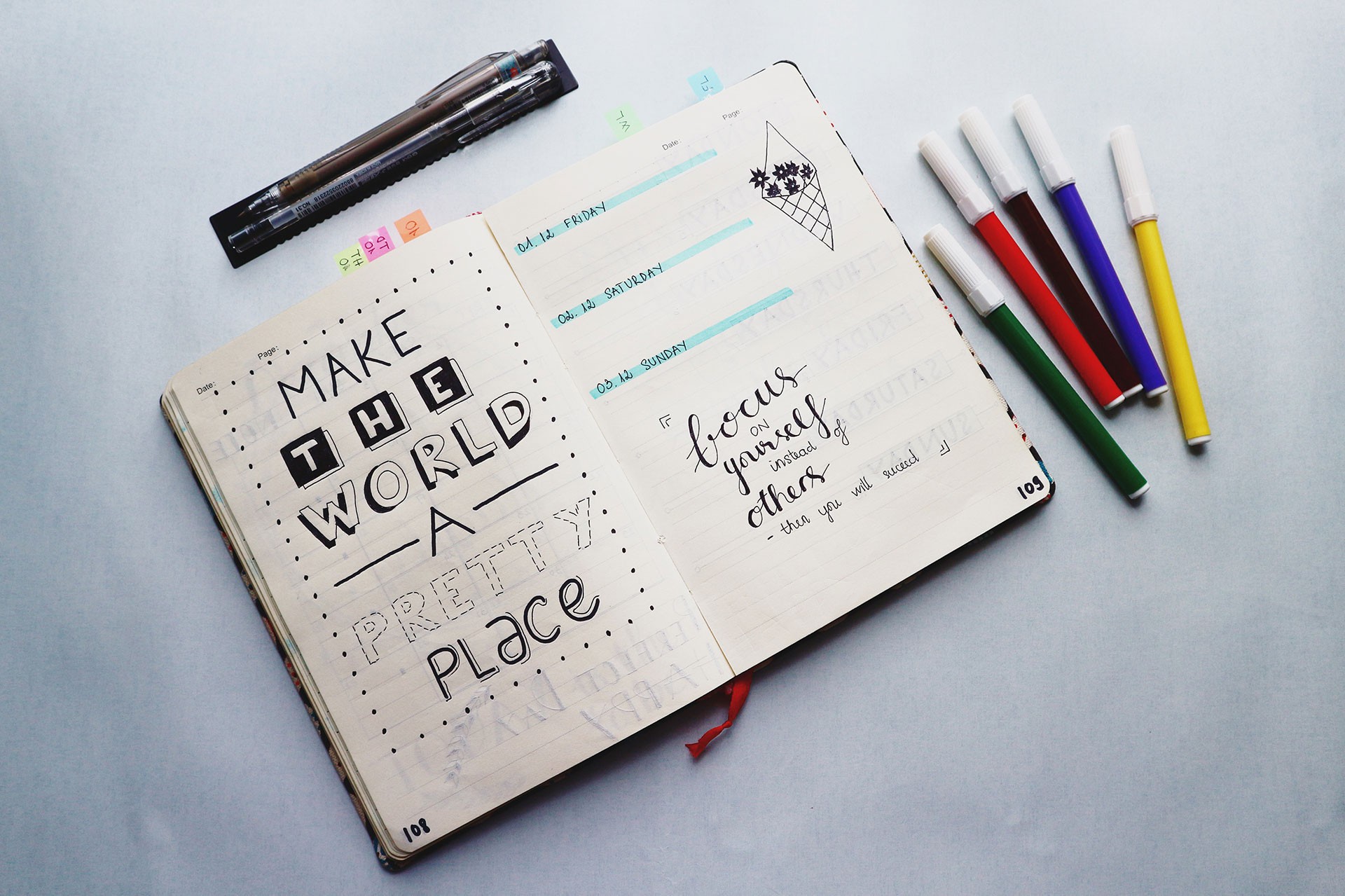
22
DecWhat is postnatal depression?
Having a baby is a life changing event that sometimes can trigger depression. Every mum needs an adaptation period after having a baby. In addition, taking care of a tiny baby can be exhausting and stressful.
Postnatal depression is a type of depression that many mums experience after giving birth. International research has demonstrated that it’s a commonly experienced problem that affects 1 in 10 women within a year after having a baby. Please note that dads and partners can also be affected. If not treated, symptoms could last months and more importantly – get worse and negatively impact on you, your baby and the relationship with your partner.
After therapy, most women fully recover.
What are the symptoms of postnatal depression?
Many mums have a low mood and feel down. This often refers to ‘baby blues’. Differently to postnatal depression, ‘baby blues’ last only up to 2 weeks after giving birth. If you symptoms persist beyond the 2 weeks limit, you might have a postnatal depression. Please also note that postnatal depression may start at any moment in the first year after having a baby.
Symptoms vary from one mum to another, but usually include:
Concentration problems
Having a low mood and feeling sad throughout the day
Social isolation
Decreased energy and increased tiredness
Poor sleep
Losing interest in life in general
Difficulties to connect to your baby
Thoughts of hurting your baby (or that something bad could happen)
Reduced or increased appetite
Feeling guilty and continuously blaming yourself
Feeling that you are a bad mum and you are not able to take care of your baby
Many women don’t realise they are affected with postnatal depression, as many symptoms such as poor sleep, low mood and concentration problems are considered ‘normal’ after giving birth.
What causes postnatal depression?
Research has shown that there is no clear cause related to postnatal depression. Some factors have been identified as risk factors, but it doesn’t mean that they will contribute to develop a postnatal depression. These include:
A history of depression in childhood and earlier life
Social isolation during pregnancy
Poor relationship with your partner during pregnancy
A history of recent traumatic and challenging events during pregnancy such as losing a job or bereavement
A history of poor mental health
What psychological treatments help overcome postnatal depression?
If your symptoms persist and family and peer support is not enough to feel better, you might look for some external help. Cognitive Behaviour Therapy, Psychodynamic (Psychoanalytic) Therapy and medication have shown excellent therapeutic results in treating postnatal depression.
Cognitive Behaviour Therapy (CBT)
If you have read my other articles, you might know that Cognitive Behaviour Therapy (CBT) is a type of therapy where the patient and the clinical psychologist work as part of a team to help the patient deconstruct the unhelpful and unrealistic thinking patterns that contribute to negative behaviours. The aim is to create new ways of thinking that will help you construct new and positive behaviours. For example, many mums have set up high standards and have unrealistic visions of what a mum and motherhood should be. CBT helps them build a new realistic definition of motherhood where they can set up new goals and standards. Treatment usually lasts 4-5 months (1 session per week). In between sessions, mums are encouraged to do homework where they ‘test’ their new thinking and behaviours. Homework helps them consolidate what they have learnt during the sessions.
Psychodynamic (Psychoanalytic) Therapy
Psychodynamic Therapy helps you reflect on your childhood and early life. The objective is to see past traumatic events from a different angle so the mum can better integrate them into her daily routine. Please note that traumatic events from childhood cannot be deleted. You need to reflect on them and figure out how they will help you reach a more balanced life in the future. To learn more about the therapeutic power of integration of traumatic events from childhood, please read my article, entitled: “Is it possible to remove painful experiences from the past?”.
Medication
Medication such as antidepressants may be useful if you don’t have the opportunity to start a psychotherapy. Medication can also be taken in association with psychotherapy. Medication focuses on your emotions by balancing mood-altering chemicals in your brain. It helps you reduce symptoms such as low mood, irritability, and poor sleep. Please note that you shouldn’t stop antidepressants straight away. You need to gradually reduce their intake.
To learn more about postnatal depression, treatment and medication, do not hesitate to contact me on info@angelpsychology.com. Please consider reading my other articles on www.angelpsychology.com
Please note that Cognitive Behaviour Therapy (CBT) and Psychodynamic Therapy will help you acquire the knowledge and reflection you need. Learn more about Psychodynamic Therapy here and about CBT here. Don't forget that you can work with me at home. Learn more about online psychotherapy here.
With warm wishes,
Dr Ivanka Ezhova
Founder of Angel Psychological Therapy – Online Psychological Therapy
- 22nd Dec, 2019
- Parenting











